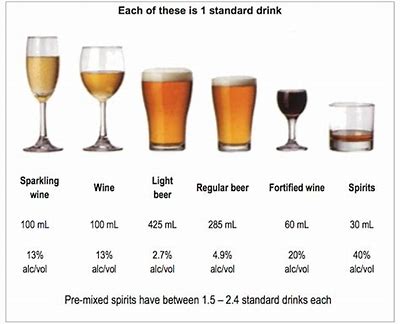Saudi Arabia has said it will open a shop in Riyadh selling alcohol to a select band of non-Muslim expats, the first to open in more than 70 years.
The moves are the latest in a series of initiatives known as “Vision 2030” to liberalise Saudi society under the crown prince and de facto ruler of the country, Mohammed bin Salman.
The clientele will be limited to diplomatic staff who have, for years, imported booze in sealed official packages known as diplomatic pouches.
Saudi officials said the shop would counter “the illicit trade of alcohol”.
Prohibition has been law since 1952, after one of King Abdulaziz’s sons drunkenly shot dead a British diplomat.
The new store will be located in Riyadh’s Diplomatic Quarter west of the city centre, according to a document seen by the AFP and Reuters news agencies.
A source familiar with the plans told Reuters the shop was expected to open within weeks. There will be limitations, however:
- Thirsty envoys would need to register beforehand and receive clearance by the government
- No one under 21 will be allowed in the store and “proper attire is required” at all times inside
- Drinkers will not be able to send a proxy, such as a driver
- Monthly limitations would be enforced, the statement said.
Prohibition has been law since 1952, after one of King Abdulaziz’s sons drunkenly shot dead a British diplomat. Mishari bin Abdulaziz Al-Saud shot dead Cyril Ousman, the British vice-consul in Jeddah, in 1951 for refusing to pour him another drink at a function
However – according to the document seen by AFP – these will not be particularly stringent.
Patrons will be limited to 240 “points” of alcohol per month. One litre of spirits will be worth six points, one litre of wine three points and one litre of beer one point.
There are also no suggestions that the clientele will be widened to “ordinary” foreigners in the kingdom without diplomatic privileges, who officially have no access to alcohol.
While alcohol will become part of Riyadh life, drinkers would be wise to be mindful of where they drink and how they behave afterwards.
Under current Saudi law, penalties for consumption or possession of alcohol can include fines, jail time, public flogging and deportation for unauthorised foreigners.
The document also said authorities are planning a “new regulatory framework” that would also allow “specific quantities” of alcohol to be brought in by diplomats to “put an end to… an uncontrolled exchange of such goods”, it added.
While alcohol will become part of Riyadh life, drinkers would be wise to be mindful of where they drink and how they behave afterwards
For years, diplomatic staff have had to use their “pouches”, which cannot be tampered with by authorities in their host country, to bring in limited amounts of alcohol.
Other Gulf states
Other Gulf states operate similar alcohol regimes. However, the UAE and Qatar also allow the sale of alcohol to non-Muslims over 21 in hotels, clubs and bars.
There is no suggestion from the Saudi document that the government there is considering doing the same.
While alcohol is forbidden under Islam, Saudi Arabia had, until 1952, held a conciliatory attitude to its presence inside the kingdom.
That changed after Mishari bin Abdulaziz Al-Saud, a prince, shot dead Cyril Ousman, the British vice-consul in Jeddah, in 1951 for refusing to pour him another drink at a function.
A year later, King Abdulaziz imposed a total ban on alcohol. Mishari was convicted of murder.


